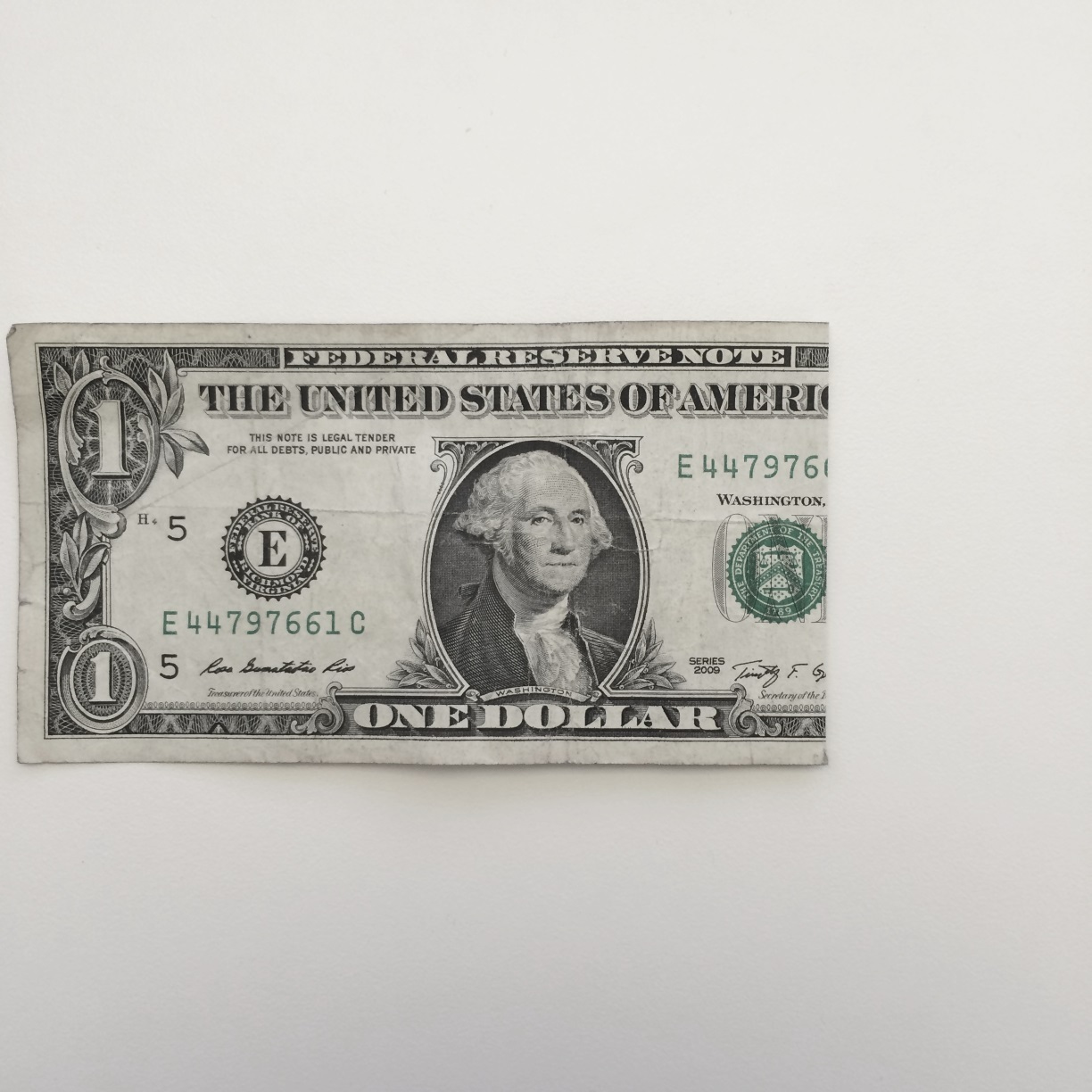Sociology -101
I’m beginning to think rudeness is genetic, something that can’t be unlearned. No es bueno. If rudeness is undesired, than what is desired would be what is called politeness. What does polite behavior entail? First, it requires awareness of how you feel when you experience negative emotions, some sort of cognition that intercepts emotions before it triggers any automated behavioral response. This disengages the person from a habitual, knee-jerk response. I’d say some people are incapable of being aware of their emotions, perhaps because at a young age their emotion-driven behavior was always succesful at achieving pleasurable outcomes. Perhaps sometimes people are too preoccupied too monitor their feelings. Sometimes it is a lack of emotion that needs to be caught, since lacking any emotion can equate to lacking respect, and this can be difficult to catch. For these or other reasons, these circumstances prevent, by my account, polite behavior. If the person is aware of their emotions, then politeness next requires rationalizing that emotion by considering all circumstances, and actions and intents of all individuals, involved. This questioning of self is definately difficult, but can prevent the person from jumping to conclusions and offending another. The more you care about offending someone, the more this rationalization is justified. Third, the person must balance the urge to express the raw emotion with the urge to build a middle ground with others involved. This involves translation of the emotion into a behavior that is socially acceptable, which assumes an understanding of what is socially acceptable. Lastly, this social act of rationalized emotion is performed. And everyone’s happy. Comments?


